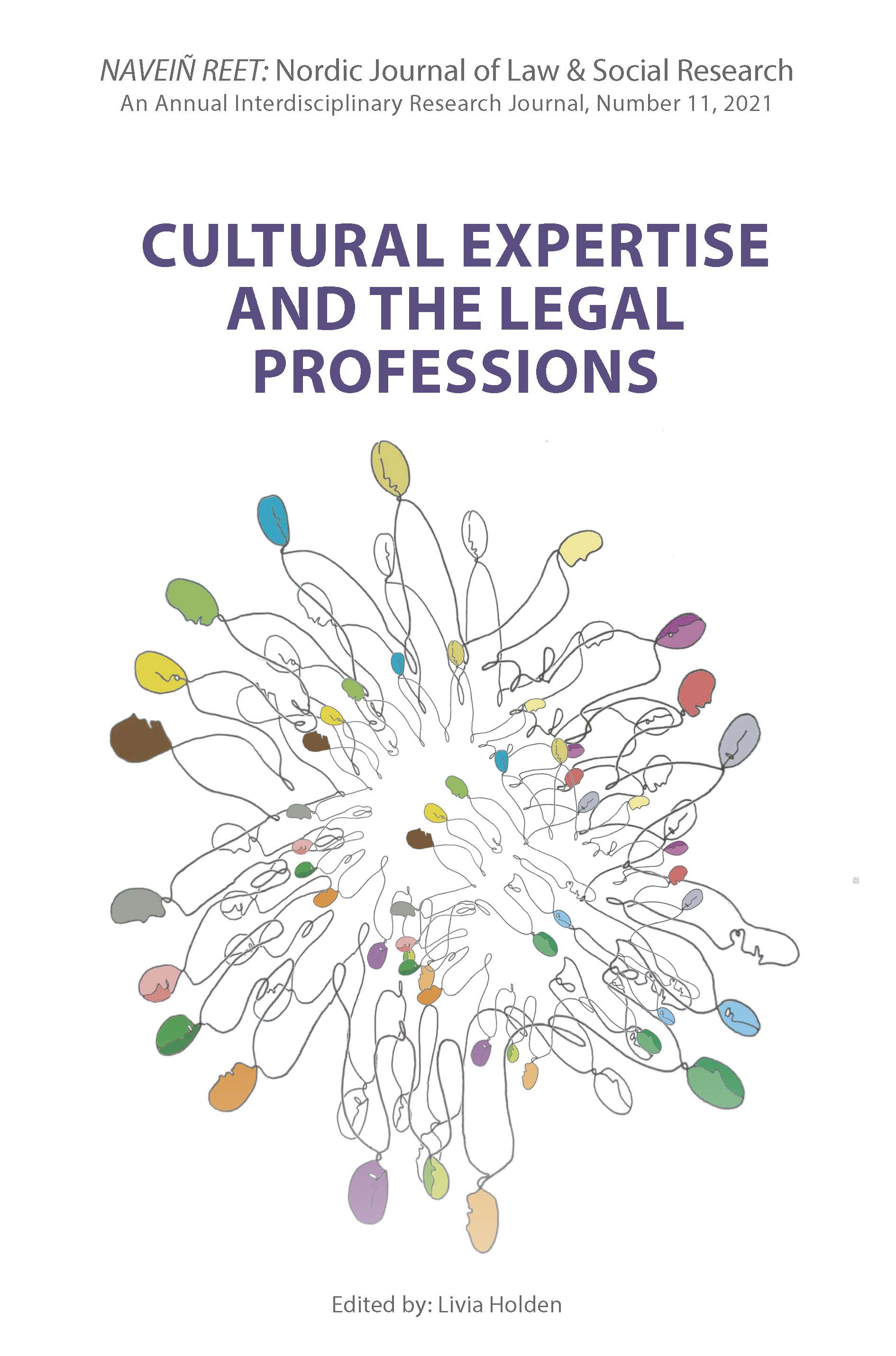Indigenous Expertise as Cultural Expertise in the World Heritage Protective Framework
DOI:
https://doi.org/10.7146/nnjlsr.vi11.132004Abstract
This paper focuses on the engagement of Indigenous peoples with the international legal framework which seeks to protect world heritage. Significant concerns have been raised as to the role which Indigenous expertise can play in this framework.
There have been numerous criticisms regarding the Eurocentric nature of the framework, and concerns over its the decision-making processes, e.g. in respect of inscription of sites on the World Heritage List. All 3 of the UN mechanisms specific to Indigenous peoples (UN Permanent Forum on Indigenous Issues, UN Expert Mechanism on the Rights of Indigenous Peoples and UN Special Rapporteur on the Rights of Indigenous Peoples) have called on the World Heritage Committee, UNESCO and heritage advisory bodies to take remedial measures and to expand the role of Indigenous peoples in the protective framework. There have also been recommendations made as to how the World Heritage Committee, UNESCO and States can align the implementation of the World Heritage Convention with the principles and requirements of the UN Declaration on the Rights of Indigenous Peoples. As part of the move to be more inclusive of Indigenous voices, an Indigenous Peoples’ Forum on World Heritage was established in 2017, however an Indigenous expertise deficit still remains within the world heritage framework. As cultural expertise is necessary to appreciate the context and background of cultural sites, and their status as ‘culture’, deserving of recognition under the world heritage framework, this paper addresses the role of Indigenous expertise as cultural expertise in the world heritage framework and underlines why Indigenous expertise is necessary in order to ensure that the framework is representative and valid.
Downloads
Published
How to Cite
Issue
Section
License
Counting from number 12 (2022), articles published in NNJLSR are licensed under Attribution 4.0 International (CC BY 4.0). Readers are allowed to copy and redistribute the articles in any medium or format, to adapt and revise the articles, and use the articles for commercial purposes, provided that the readers give appropriate credits.
No Creative Commons licenses are applied on articles in number 1 (2009)-11 (2021). All rights reserved by the authors. Readers are allowed to download, read, and link to the articles published in volume 1 (2009)-11 (2021), but they may not republish or redistribute these articles without permission of the authors.

